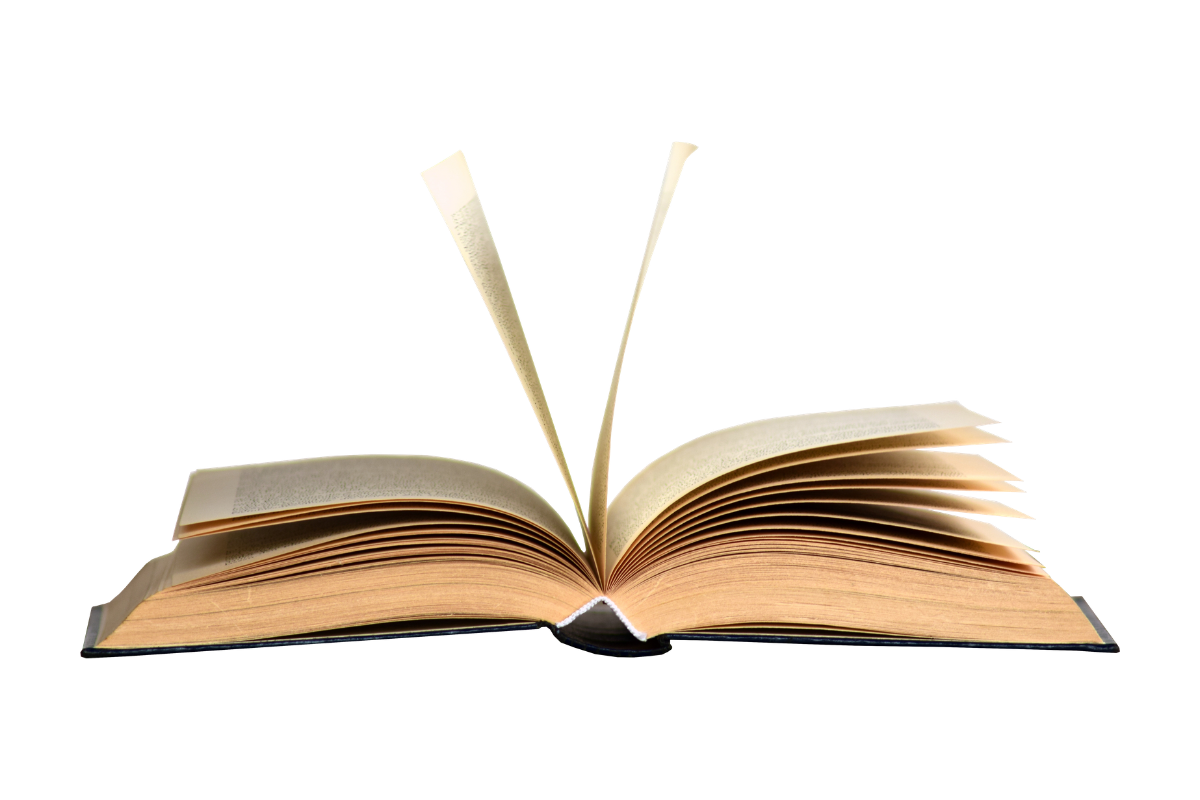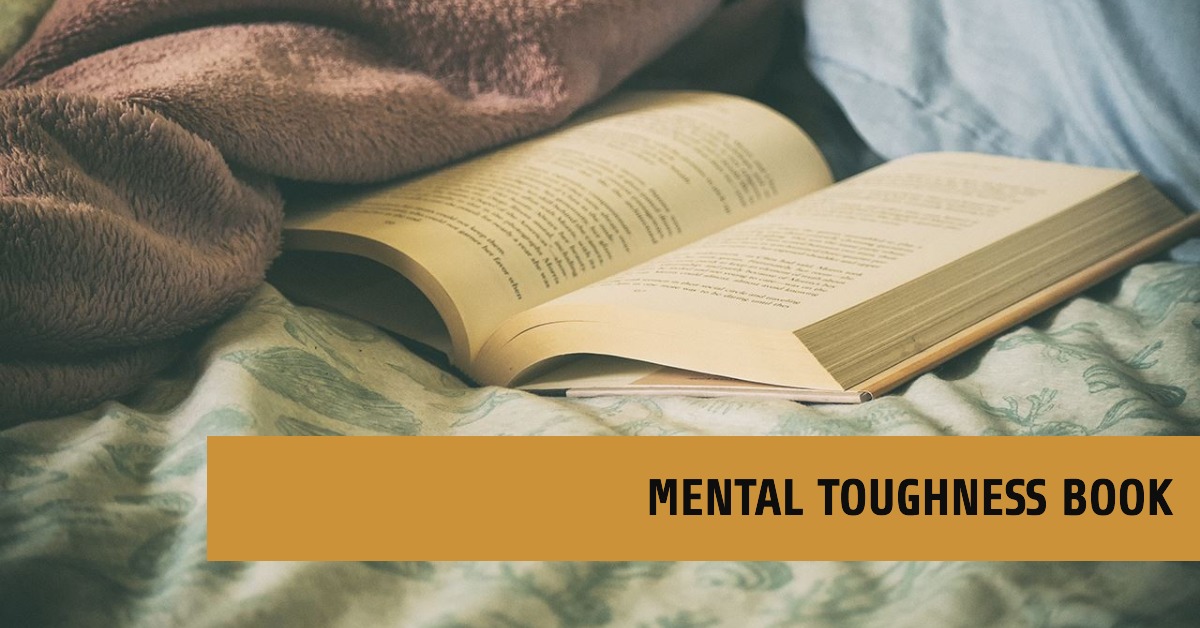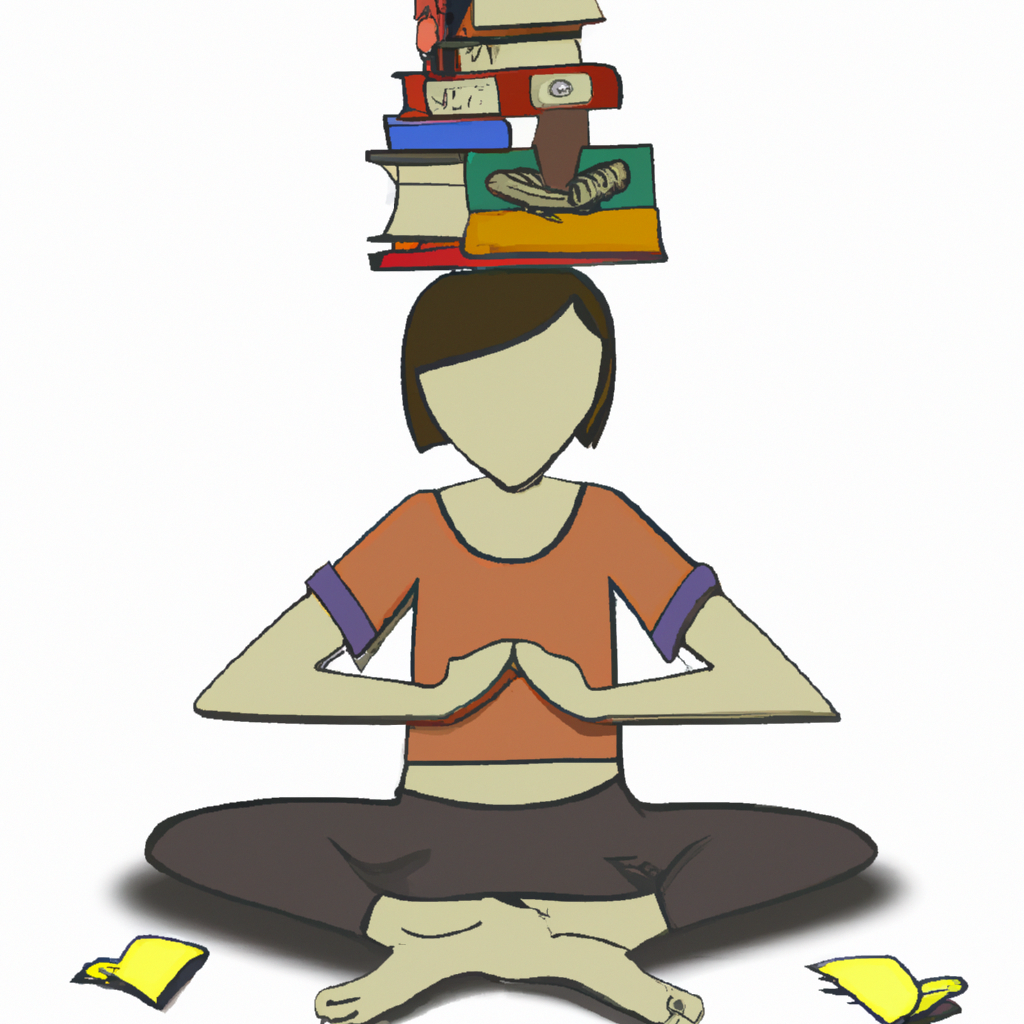Addiction is a complex and multifaceted issue that affects millions of people worldwide. It is a chronic disease that affects the brain and its reward system, leading to compulsive drug or alcohol use despite the negative consequences. Understanding the neuroscience of addiction is crucial for developing effective prevention and treatment strategies.
In this article, we will explore some of the best books on addiction that offer insight into the neuroscience of addiction. These books provide in-depth knowledge about the brain mechanisms that underlie addiction and the latest research on addiction treatment.
The Biology of Desire: Why Addiction Is Not a Disease
The Biology of Desire by Marc Lewis is a groundbreaking book that challenges the traditional disease model of addiction. Lewis, a neuroscientist and former addict, argues that addiction is not a disease but a normal response of the brain to intense experiences.
He explains how addiction develops as a result of the brain’s natural plasticity and the way it adapts to new experiences. He also shows how the brain can recover from addiction through neuroplasticity and the development of new habits.
This book is an excellent resource for anyone interested in understanding the neuroscience of addiction and the latest research on addiction treatment.
In the Realm of Hungry Ghosts: Close Encounters with Addiction
In the Realm of Hungry Ghosts by Gabor Maté is a powerful and compassionate book about addiction. Maté, a physician and addiction expert, draws on his extensive experience working with addicts to provide a comprehensive understanding of addiction and its underlying causes.
He argues that addiction is a response to trauma and emotional pain and that it can only be effectively treated by addressing the root causes of addiction. He also provides insights into the latest research on addiction treatment and the importance of compassion and understanding in the recovery process.
This book is a must-read for anyone interested in addiction and its underlying causes. It offers a compassionate and insightful perspective on addiction and its treatment.
Unbroken Brain: A Revolutionary New Way of Understanding Addiction
Unbroken Brain by Maia Szalavitz is a groundbreaking book that challenges the traditional view of addiction as a moral failing or a brain disease. Szalavitz argues that addiction is a learning disorder and that it can be effectively treated by addressing the underlying learning mechanisms that drive addictive behavior.
She draws on the latest research in neuroscience and psychology to provide a comprehensive understanding of addiction and its treatment. She also offers practical advice for addicts and their families on how to overcome addiction and rebuild their lives.
This book is a must-read for anyone interested in addiction and its treatment. It offers a revolutionary new perspective on addiction and its underlying causes.
The Addicted Brain: Why We Abuse Drugs, Alcohol, and Nicotine
The Addicted Brain by Michael Kuhar is a comprehensive guide to the neuroscience of addiction. Kuhar, a leading addiction researcher, provides a detailed overview of the brain mechanisms that underlie addiction and the latest research on addiction treatment.
He explains how drugs and alcohol affect the brain’s reward system and how addiction develops as a result of changes in the brain’s structure and function. He also shows how addiction can be effectively treated by addressing these changes through behavioral and pharmacological interventions.
This book is an essential resource for anyone interested in the neuroscience of addiction and the latest research on addiction treatment. It offers a comprehensive and detailed understanding of addiction and its treatment.
Conclusion
Understanding the neuroscience of addiction is crucial for developing effective prevention and treatment strategies. These books provide valuable insights into the brain mechanisms that underlie addiction and the latest research on addiction treatment. They offer a compassionate and comprehensive understanding of addiction and its treatment, and they are essential resources for anyone interested in addressing this complex and multifaceted issue.



